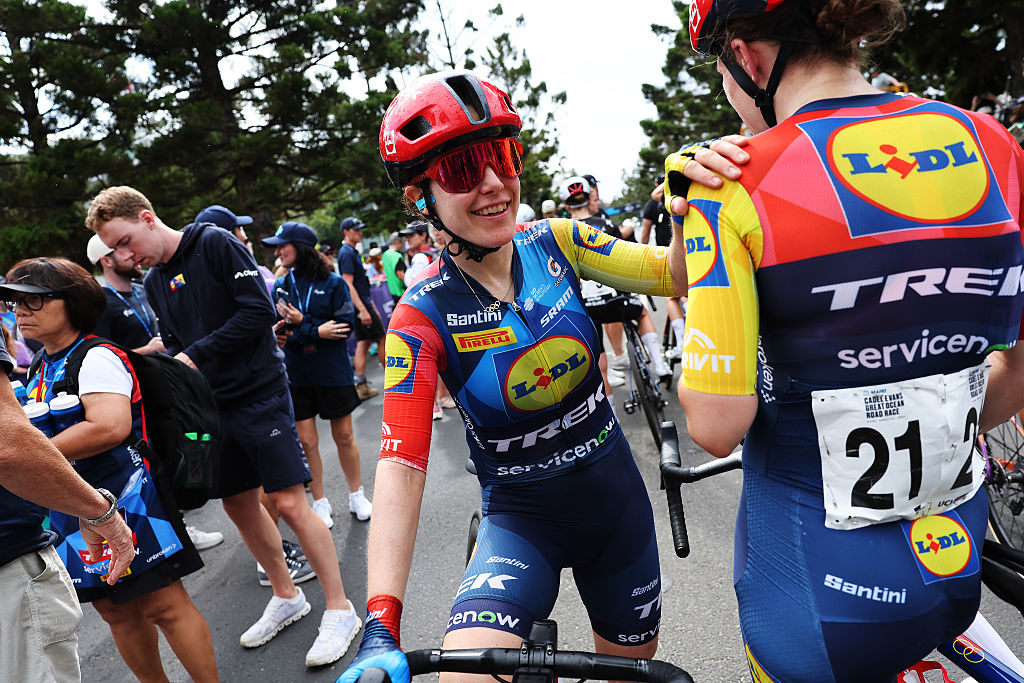Belgian Federation ready to buy expensive scanner to deter mechanical doping
Pre-race tests likely at the Omloop Het Nieuwsblad
The latest race content, interviews, features, reviews and expert buying guides, direct to your inbox!
You are now subscribed
Your newsletter sign-up was successful
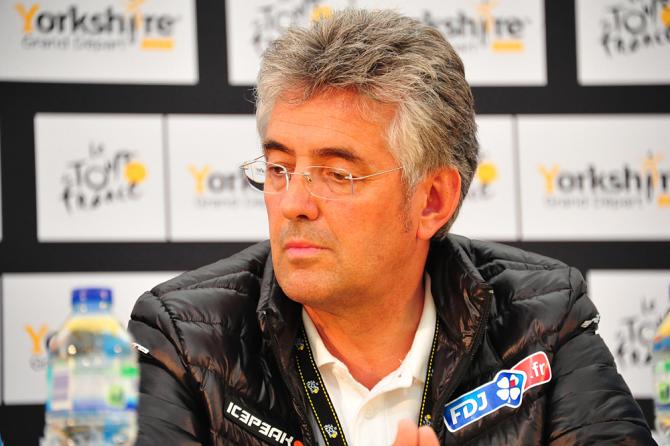
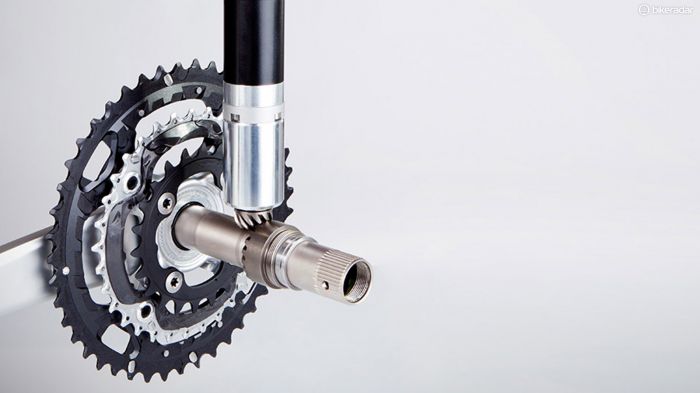
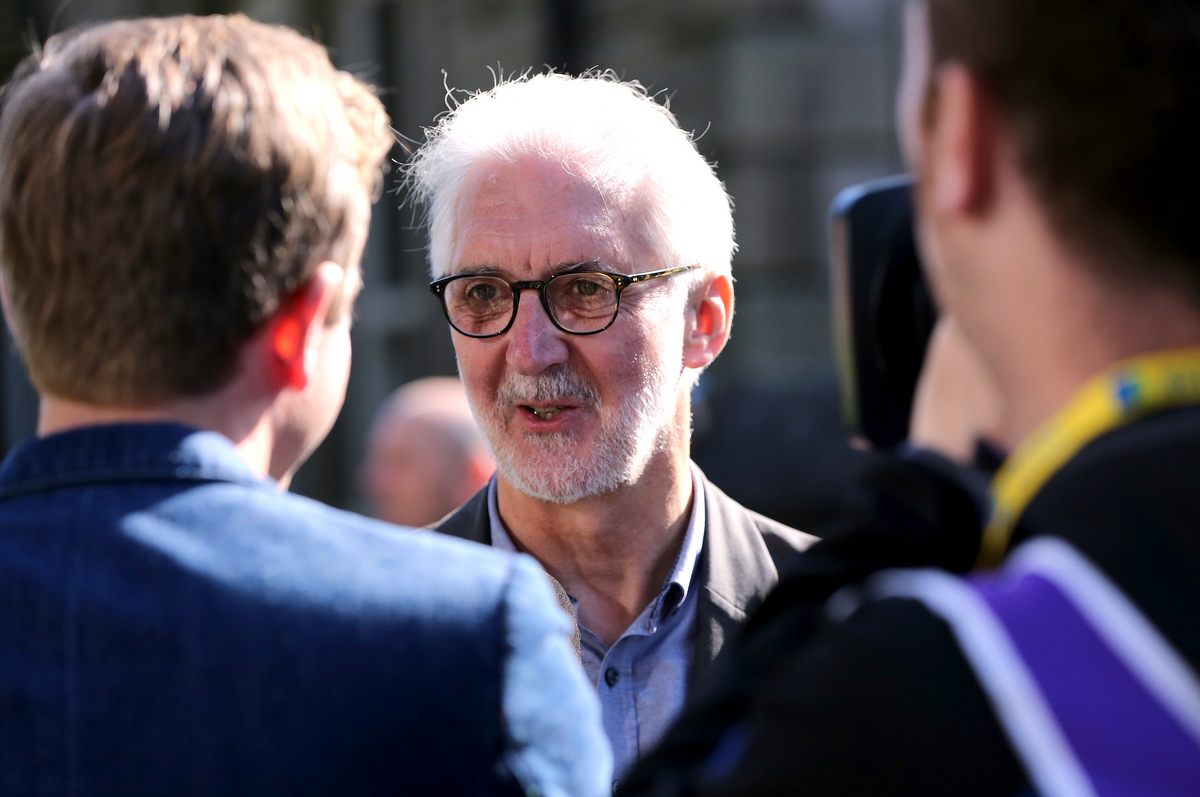
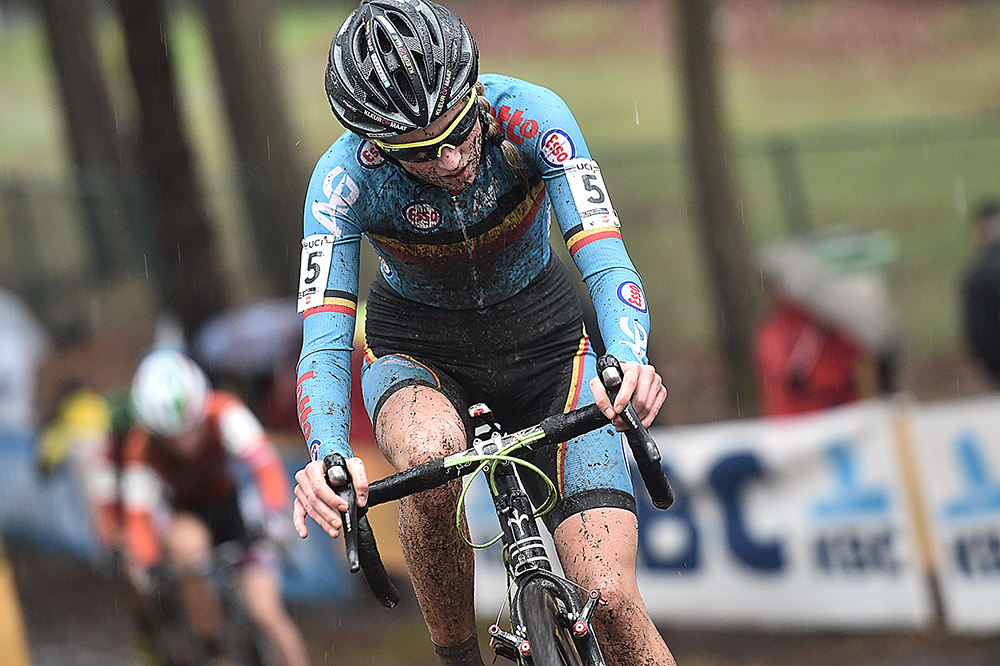
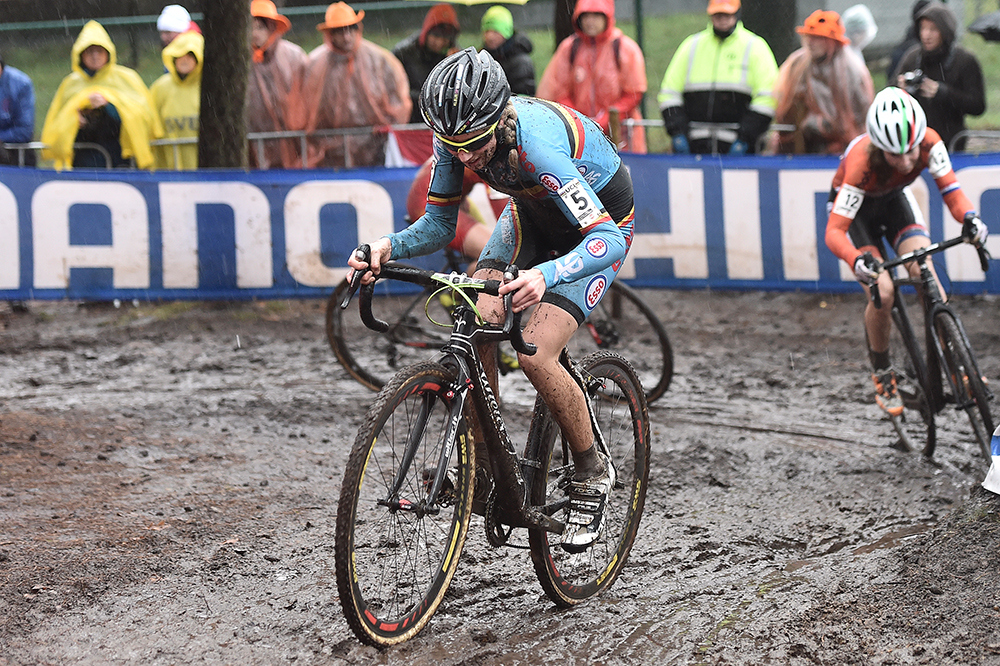
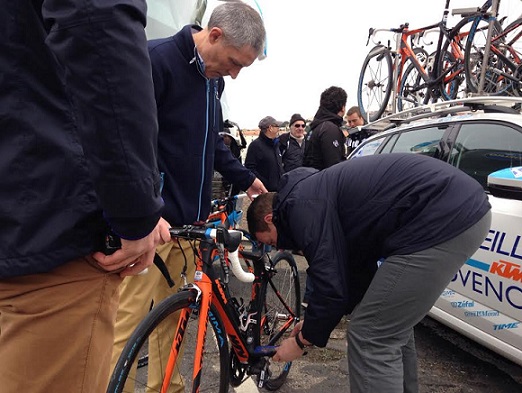
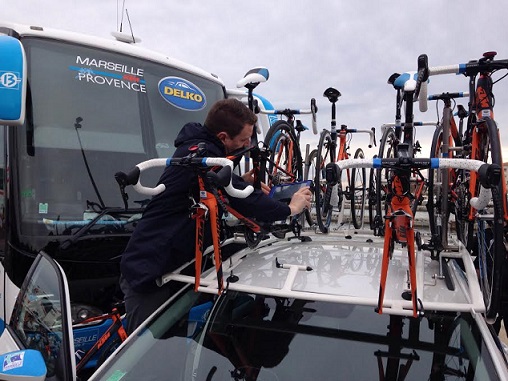
The Belgian Cycling Federation has confirmed that is ready to spend 50,000 Euro to buy a sophisticated handheld electronic scanner so that it can quickly and efficiently check bikes for possible mechanical doping techniques before races. The first systematic pre-race tests could be carried out at next Saturday’s Omloop Het Nieuwsblad, the first major professional road race on the 2016 Belgian calendar.
The Belgian Federation was rocked during the recent World Cyclo-cross World Championships in Zolder when checks by the UCI with a blue tablet-shaped electronic scanner discovered a bike with a motor that had apparently been prepared for Belgian Under 23 rider Femke Van den Driessche. The Belgian press reported the finding of electrical cables in the seat post and a motor in the bottom bracket. She now faces at least a six-month ban and 20,000 Swiss franc fine, although the punishment could be much more severe.
The UCI carried further checks at the recent La Méditerranéenne stage race in the south of France but the European Cycling Union, Tour de France organiser ASO and the French National Cycling League headed by FDJ team manager Marc Madiot, has called on the UCI to carry out systematic controls for mechanical doping. Madiot has also called for life bans to anyone involved.
The Belgian Federation intends to take direct action to avoid future mechanical doping scandals and is not afraid to spend 50,000 Euro on a device to detect mechanical doping in frames and wheels.
"The UCI is working on an app for such controls but that will not be ready for the season. Since we do not want to wait, we’re ready to buy a scanner and therefor will perform a number of tests next week, Belgian Federation President Tom Van Damme said according to reports in the Belgian media.
His comments seem to indicate that checks will be carried out at the Omloop Het Nieuwsblad race on Saturday, that traditionally opens the Belgian road racing season.
“The unit must be sufficiently practical: we need to test a large number of bicycles in a short time. Several firms are reputable and the sports technical committee will make a quick decision. The cost is high, between 40,000 and 50,000 euros,” Van Damme said.
The latest race content, interviews, features, reviews and expert buying guides, direct to your inbox!

